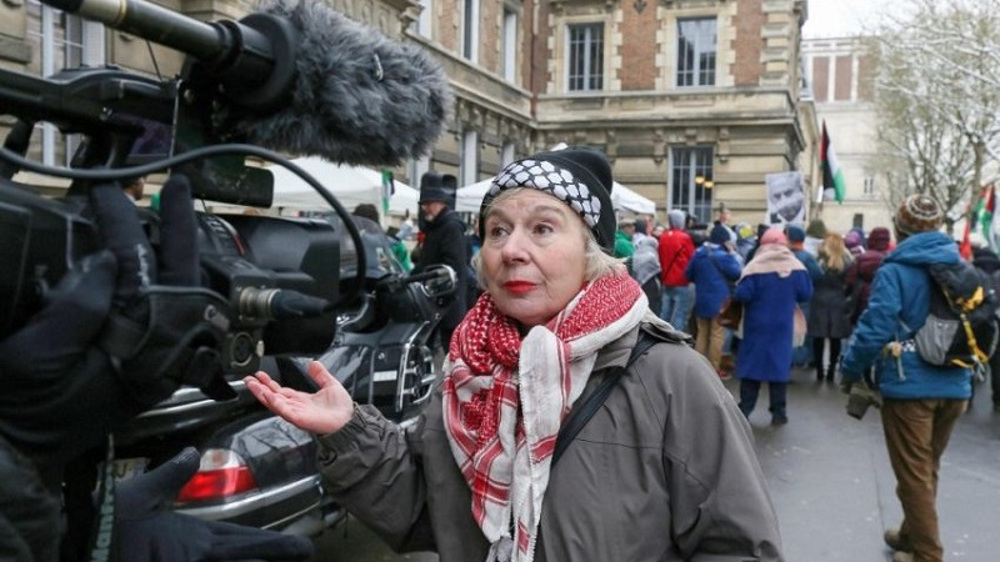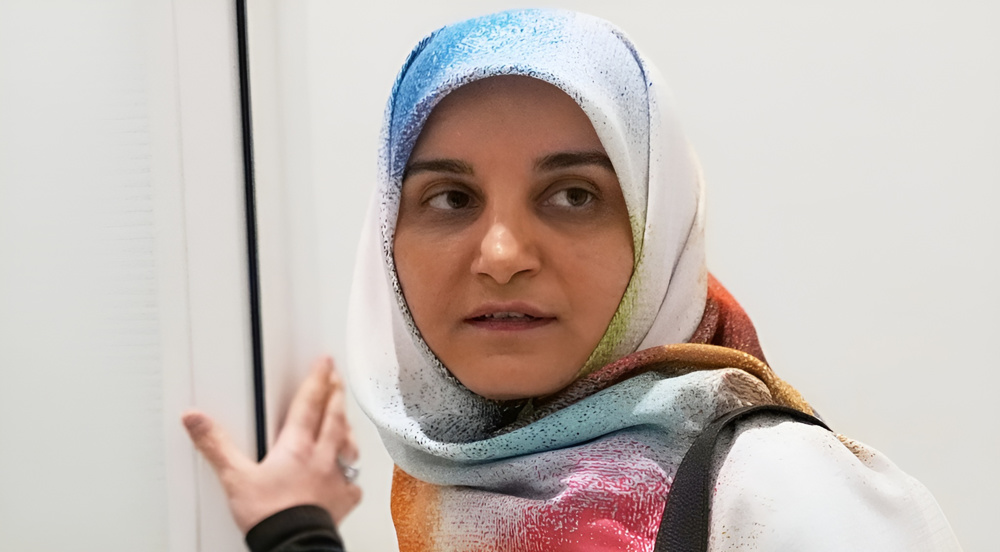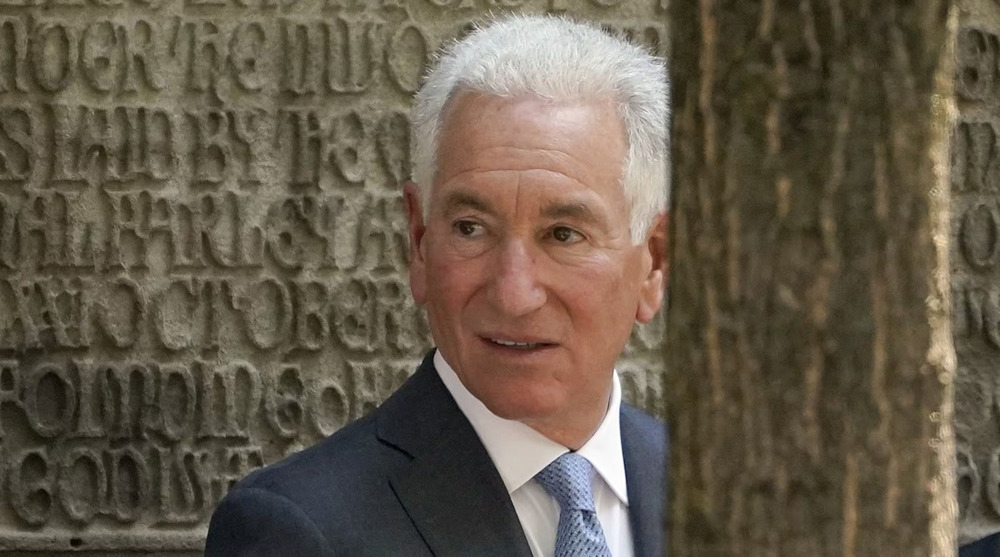New vaccine pass causes political chaos in France
Ramin Mazaheri
Press TV, Paris
Strikes, protests and parliamentary disunity have shown that opposition to President Emmanuel Macron’s pandemic policies have reached unprecedented levels.
Macron dominates his party, and his party dominates parliament, but France’s controversial new vaccine smart pass was only just approved after more than two weeks of parliamentary chaos.
It’s one of the strictest vaccine passes in the world because it requires full vaccination - the vaccine-hesitant can no longer provide proof of a negative COVID test to avoid almost total public isolation.
There have been weeks of protests in favor of the rights of the non-vaccinated, and unions are planning enormous walkouts against a pandemic response which is accused of being imposed from above and without enough grassroots input.
Vaccines in France are popular - 80% of the formerly vaccine-skeptical nation is now fully vaccinated. That has many saying that seemingly scapegoating the unvaccinated is a way for Macron to solidify a precarious re-election bid.
Despite his immensely controversial tenure, Macron still retains a hard-core base of support of around 20%. It’s been widely assumed that it will be enough to get him into the second round, and that he’ll defeat a far-right challenger, like in 2017.
The vaccine pass will likely be contested in France’s top court, but it is expected to go into effect this week. The Omicron variant is far less deadly than previous versions, giving hope that the pandemic is ending, but it appears that the nation’s pandemic policies will be a major part of the presidential election this April.
Pezeshkian condemns ‘savage’ US-Israeli attack on school that killed nearly 90
Islamic Jihad extends 'full solidarity' with Iran following Israeli-American aggression
Leader of the Islamic Revolution martyred in cowardly Israeli-American aggression
Iran to continue acting in self-defense until enemy’s aggression ends: UN envoy
True Promise 4: IRGC launches new waves of missiles at Israeli, American targets
Iran to make Zionist criminals and vile Americans regret their actions: Security chief
Hezbollah, Ansarullah warn US-Israeli aggression on Iran to engulf entire region
Russia strongly condemns US-Israeli aggression on Iran, calls for UNSC meeting









 This makes it easy to access the Press TV website
This makes it easy to access the Press TV website